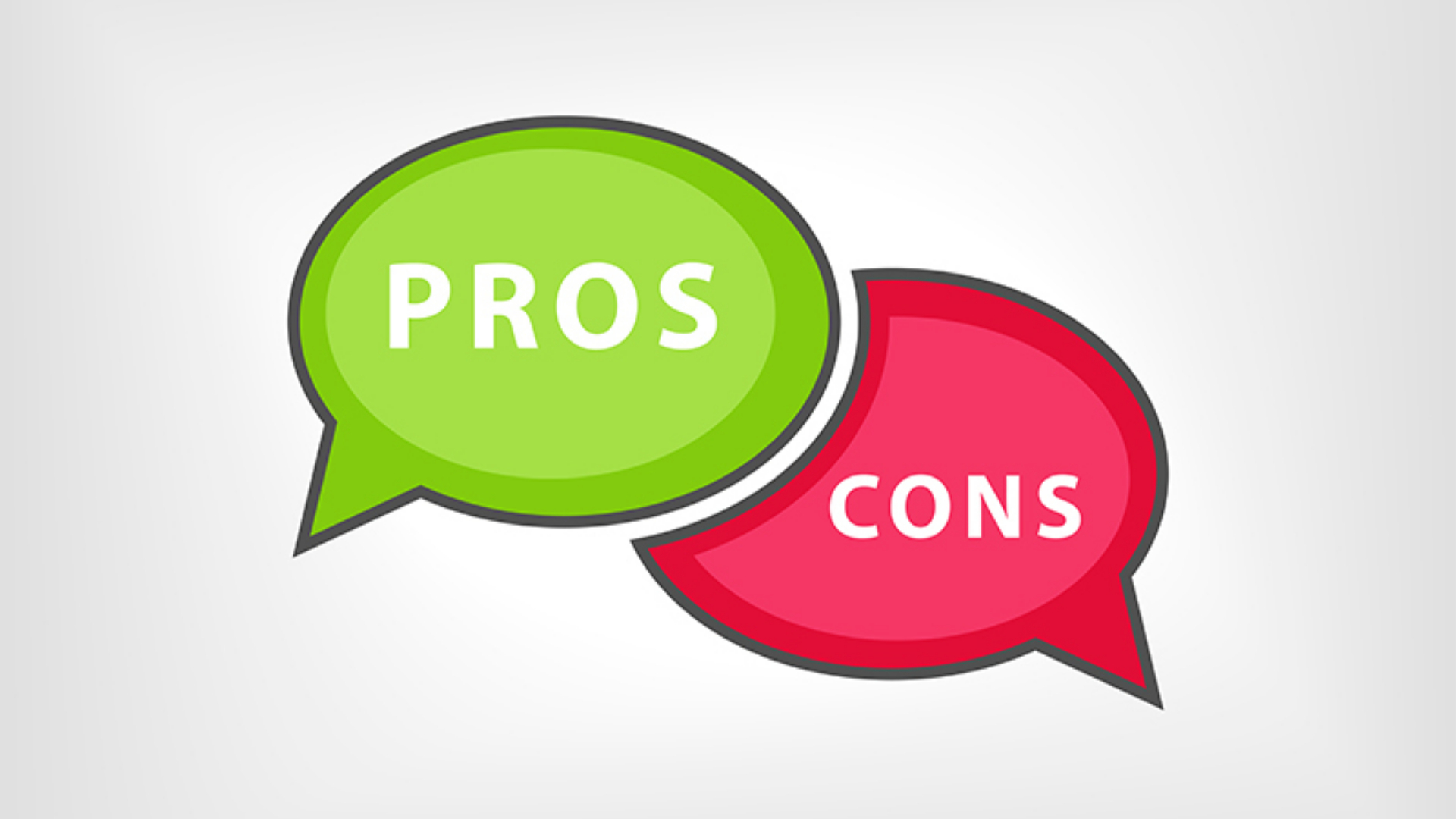3 min read
Pros & Cons for Four Types of Outsourced Supplementing Providers
![]() Jonah Story
Mar 16, 2022 12:00:00 AM
Jonah Story
Mar 16, 2022 12:00:00 AM

If you read the first part to this blog, called “Choosing the Right Outsourced Supplementing Provider: 4 Models” then you’re ready to expand into the pros and cons for each. If you didn’t read that blog yet we suggest you backup one step before reading this one! It will help you choose the right outsourced supplementing provider for your specific needs.
PROS AND CONS FOR THESE FOUR MODELS
One-Man Band
Pros
Assuming you’re able to find a freelancer who is professional and reliable, this person dedicates a great deal of focus to your needs. They likely have a relatively small book of business that pays the bills, so they are very committed to keeping their clients happy. Having the expert themselves as your single point of contact is also a plus.
Cons
We would never knock freelancers who hustle and provide great service. With that said, the unfortunate part of working with even the best freelancer is that their whole operation shuts down whenever they are sick, on vacation, storm chase, etc. Also, they will struggle to keep up with high volume and fall apart during surges, especially when more than one client surges at the same time.
What You Need to Know in One Sentence
A freelancer can be helpful in the short term, but is usually not the right long-term partner for a growing restoration contractor due to their lack of bandwidth or scalability.
Mom & Pop Shop
Pros
With this model, you might benefit from slightly better processes and technology than you would get with a freelancer and some extra people to bare workload or pinpoint challenges. This means less downtime when someone is out of the office, and perhaps wider bandwidth and/or faster turnaround during surges.
Cons
Because they are very small in stature and framework, mom and pop providers still tend to struggle with pace, volume, communication and the quickpay of supplements just like freelancers do. This will worsen if they are promoting and adding to their book of business which typically results in old clients getting less attention than new ones to keep cash flowing. Their eagleeye for new business becomes the lifeblood of their model while reducing the value they add.
What You Need to Know in One Sentence
While mom and pop shops might be an improvement over a freelancer, an influx of work from you, and their other clients, can still cause a logjam when you need them the most.
Big-Box
Pros
Big-box typically means reliable and well-known. With this model, you get a brand name built on the latest technology able to balance production.
Cons
Despite the positive description there are many cons you need to beware of:
- You get reliability and scalability but you trade this for quality. McDonalds right?
- Types like this carry high overhead which makes them more money-driven – such as 30+ W2 employees. Again, this keeps the pressure on them to work quickly rather than thoroughly.
- They are known for being run by administrative staff, probably a 5:1 ratio. Good luck getting access to their experts who are working hard to balance production.
- Their marketing typically promotes ROI percentages versus real numbers because they would lose their luster if they did. For example, 400% ROI is the equivalent of giving someone $4 in exchange for $1. This means my children’s lemonade stand made me around 1000% ROI last summer! Get the point?
What You Need to Know in Two Sentences
Big-box players are money eating machines that will yield moderate to low ROI for clients because they are going for the easier close to keep cash flowing rather than taking the time to get their clients a higher net gain. To be fair, sometimes these companies are built to be production focused and geared toward Nationwide companies.
The Hybrid
Pros
Your experience with this model should truly be a blend of the best that all models have to offer. Hybrids use best practice technology/systems, are reliable and can efficiently handle volume work like a big-box player. Their focus on customer care and high quality output resemble that of the mom & pop shop. Finally, Hybrids operate with a lean approach to overhead by utilizing a mix of W2 employees/contractors, spending less on inflated marketing tactics and harnessing automation techniques to cut costs.
Cons
Hybrids are reliant on their customers to use technology for reporting and day-to-day communications, provide new business referrals to reduce the cost of its marketing and participate in activities intended to boost results. To clarify the latter, Aftermath wants customers to execute good damage assessments so the Xactimate estimate accurately defines the necessary work. Also, it’s important that a client is willing to hand-in a list of photos as evidence to support the scope of work during carrier communications. Finally, Hybrids must dedicate a lot of time to building a strong and attractive company culture to keep operations smooth and seamless for the customer.
What You Need to Know in One Sentence
Hybrids are built to better meet the needs of clients who aren’t the ideal fit for big-box players or mom & pop shops. In our industry, this includes fast growing restoration companies who experience surges of growth and need increased support when facing challenges. Aftermath delivers exceptional customer care and the highest net profit results for supplements among direct competitors.
Get started with a free estimate review to show you why so many restoration contractors continue to choose us over all of the options above.
